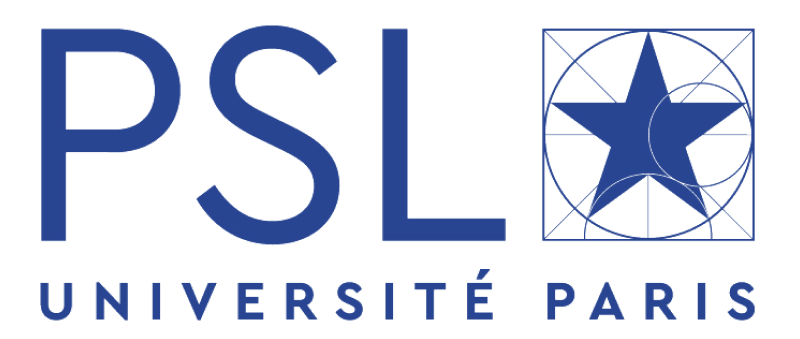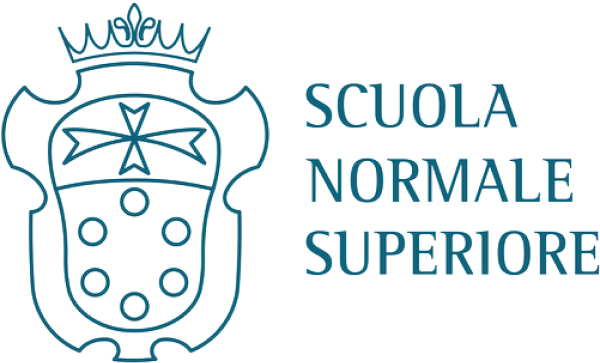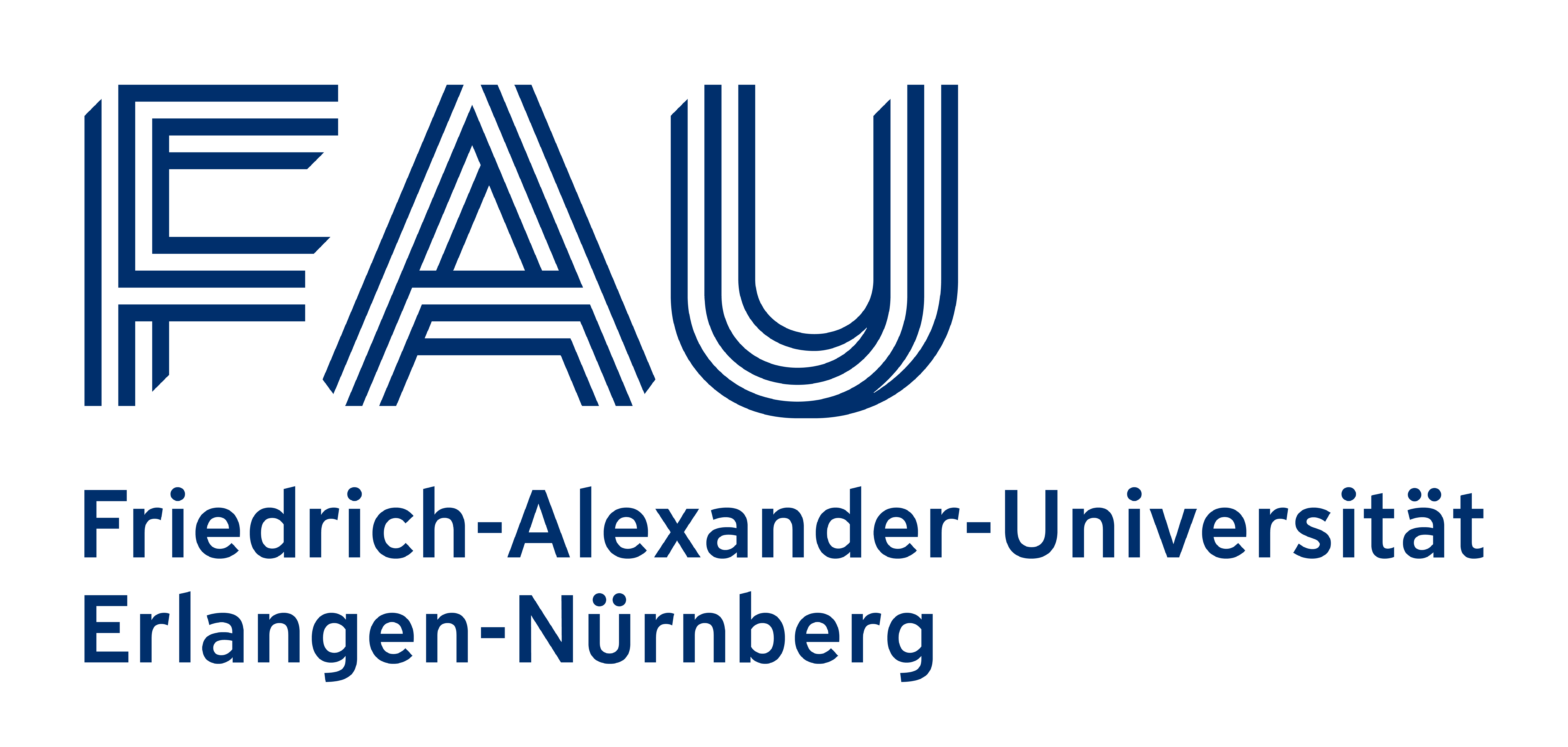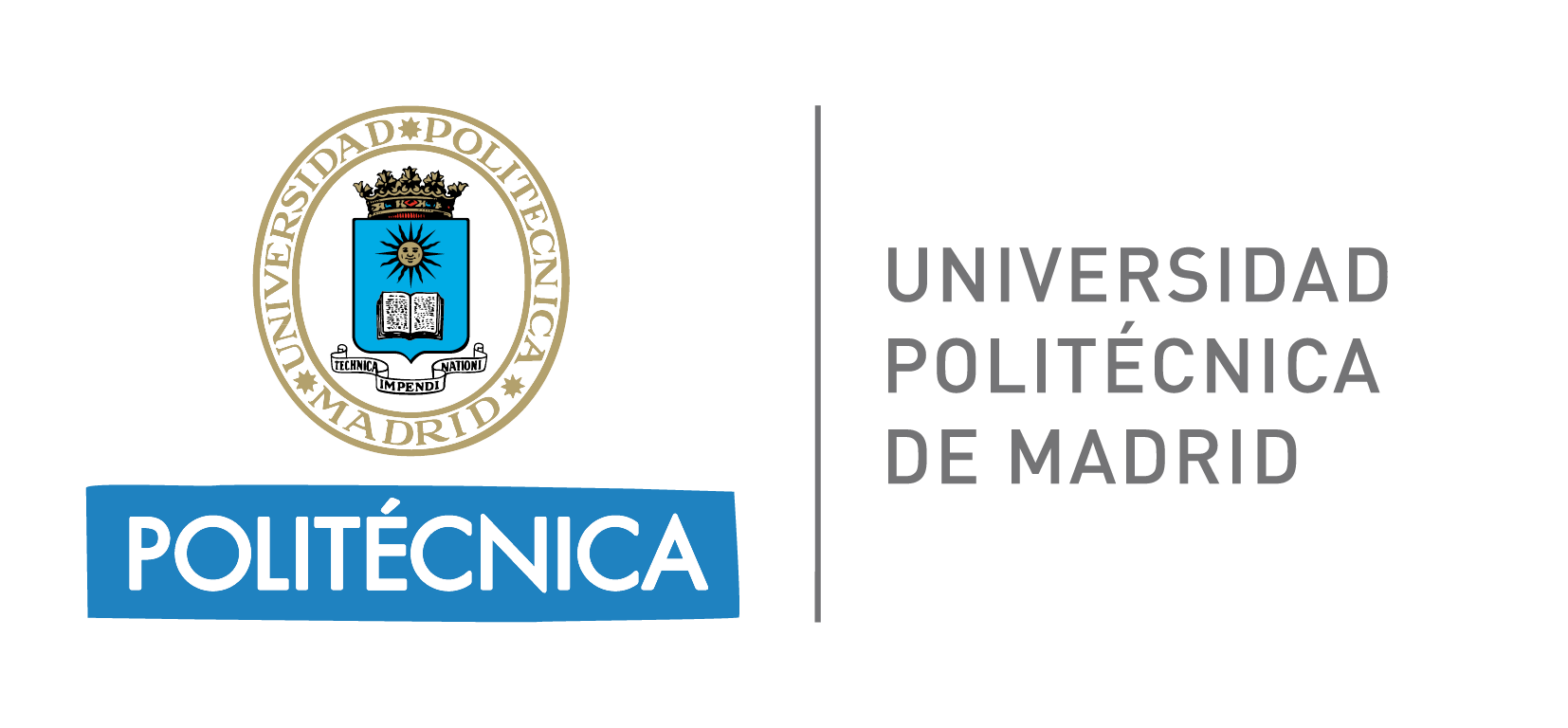Ethos + Tekhne: A New Generation of AI Researchers (2nd Edition)
Join us for the second edition of Ethos+Tekhne: Shaping a New Generation of AI Researchers Spring School, taking place from March 3–5, 2025, at Paris Sciences et Lettres (PSL), Rue L’Estrapade 16b, Paris.
Building on the success of the inaugural edition in Pisa in 2023 and funded by the EELISA network of universities, this event is designed for PhD students, postdocs, and early-career researchers in computational and social sciences. The Spring School will delve into the societal, economic, technical, and legal dimensions of Generative AI through a dynamic mix of lectures, panel discussions, and hands-on activities. Each day will focus on a key theme:
- Day 1: Political and socio-economic impacts of AI
- Day 2: Technical and ethical aspects of Generative AI
- Day 3: EU regulation of Generative AI
Applications are open for up to 25 in-person participants and 50 online attendees, offering a unique opportunity to engage with experts, collaborate with peers, and shape the future of generative AI research.
Applications may be submitted through the designated form. Deadline for application: 15/1/2025
Activity details
Dates
From 03/3/2025 to 05/3/2025.
Location
The Spring School will be conducted in a hybrid format. The event will take place in person at the Paris Sciences et Lettres (PSL) venue, which is located on Rue l'Estrapade 16b. Additionally, an unlimited number of participants will be able to participate remotely.
Aim and Structure
We propose a 3-day Spring School on the societal, economic, technical, and legal aspects of generative AI intended for PhD students, post-docs, and other early career researchers across the computational and social sciences.
This Spring School offers a deep dive into how Generative AI systems will impact society across various sectors. Accordingly, each day will address a specific aspect of the impact and implications of generative AI on society, by combining frontal lessons and panel discussions. The second and third day will include hands-on activities.
Program
Day 1: Political and socio-economic impacts of generative AI
8:30-9:00: Registration
9:00-9:30: Opening remarks. Why are we here? What is Generative AI?
9:30-11:00: Impact of AI on democratic participation and deliberation - Prof. Marco Deseriis
11.00-11.30: Coffee break
11.30-13:00: Digital technologies, power and labour: a critical discussion - Prof. Dario Guarascio
13.00-14.00: Lunch break
14.00-15.30: Military AI: why new international rules are needed to regulate autonomous weapons - Lode Dewaegheneire (Stop Killer Robots)
15.30-16.00: Coffee break
16:00-17:30: The hidden materiality of AI: unpacking its environmental and human costs - Roundtable discussion with Prof. Arnaud Blanchard, Dr. Armanda Cetrulo and Dr. Stefano Vrizzi
20:30: Movie screening
Day 2: Technical and ethical aspects of generative AI
9:00-10:30: Introduction to Responsible Generative AI - Dr. Gizem Gezici (KDD Lab Pisa, FAIR project)
10.30-11.00: Coffee break
11.00-12:30: Standardising AI processes is key to producing better, fairer more ethical technology - Prof. Ross Williams
12.30-14.00: Lunch break
14.00-15.30: Safety in real world AI applications - Dr. Charbel-Raphaël Segerie (Sécurité de l'IA)
15.30-16.00: Coffee break
16:00-17:30: Interactive session on Responsible Generative AI - Dr. Gizem Gezici, Dr. Margherita Lalli, Clara Punzi (KDD Lab Pisa, FAIR and XAI projects)
19:30: Social Dinner
Day 3: EU regulation of generative AI
9:00-10:30: AI Act, GDPR & Co: the prism of EU regulations on AI - Attorney Gabriele Franco
10.30-11.00: Coffee break
11.00-12:30: The challenges of artificial intelligence for copyright law - Prof. Caterina Sganga
12.30-14.00: Lunch break
14.00-16.00: AI compliance: a legal challenge Pt.1 (Introduction and group work) - Attorney Gabriele Franco
16.00-16.30: Coffee break
16.30-17.30: AI compliance: a legal challenge Pt.2 (Lightning talks by participants and discussion) - Attorney Gabriele Franco
17.30-19.00: Final assessment
Application procedure
Number of participants
We will accept 25 students in person and an unlimited number of students online, who will be able to follow the lessons and most of the activities delivered in presence.
Admission requirements
An admission application may be submitted by persons who completed a bachelor's degree (or equivalent foreign qualification) in any discipline. A preference will be made for candidates who have gathered technical experience in programming computational models, however, we encourage participants with interdisciplinary backgrounds also coming from humanities and social sciences. In addition, a preference will be made for PhD students, but also master students can apply.
The above requirements are to be met at the closing date to submit applications.
Admission documentation
The following documentation, in electronic format, is to be attached to the application, under penalty of non-eligibility for the Spring School:
- an up-to-date curriculum vitae or resumé (max 3 pages);
- a one-page motivation letter explaining experience in computational sciences and/or AI (experience in ethics will be a plus), reasons to attend the school and key topics of interest in the programme, future career plans in AI;
- other documents considered to be of interest (for example: publication record related to AI, or ethics or both; ECTS related to AI, to ethics or both; professional experience in AI; certificate of disability).
Criteria for Selection of Candidates
The Scientific Committee will evaluate the applications on a scale of 1 to 100 and select the candidates based on the following criteria:
- motivation: 45/100.
- educational Qualification and Educational experience: 40/100.
- peer-reviewed publications: 10/100.
- relevant professional experience: 5/100.
The 25 best-scoring candidates will be admitted to attend the Spring School in person. Five places are reserved to the organisers from the inter-institutional team between Paris Sciences et Lettres, Scuola Normale Superiore and Scuola Superiore Sant’Anna. Additionaly, an unlimited number of online participants will be admitted to attend remotely. Note that only applicants who achieved an overall assessment equal to or greater than 60 points will be considered eligible to attend the Spring School.
The younger candidate will have precedence in the case of ex-aequo.
Application submission
Applications may be submitted through the designated form.
Financial Supports for Participants
Student participants part of an EELISA institution (EELISA members) can apply for funding and it will be handled by their home EELISA institution. We are not able to refund the costs of Non-EELISA students, but they can apply to participate.Recognition for Participation
Upon successful completion of the activities and participation of 80% of the activities, participants will have recognized 1 ECTS and an EELISA Credential for 4 SDGs:
- SDG 5: Gender equality
- SDG 8: Decent work and economic growth:
- SDG 10: Reduced inequalities
- SDG 16: Peace, justice, and strong institutions
Scientific Committee
Prof. Calogero Oddo (Sant’Anna School of Advanced Studies, Pisa)
Prof. Sara Moccia (University of Chieti - Pescara)
Contact
ethos.tekne@eelisa.eu
Apply here
Deadline for application: 15/1/2025* If you would like to receive ECTS for your home degree program, please clarify credibility of the activity with your local study and degree coordinator beforehand.
There are no fees for application and enrollment. Student participants part of an EELISA institution (EELISA members) will receive a partial refund for the costs of travel and meals. Moreover, EELISA members can also ask their home institution to partially cover part of their travel costs and each institution will decide whether and how to fund their trip to Paris.







